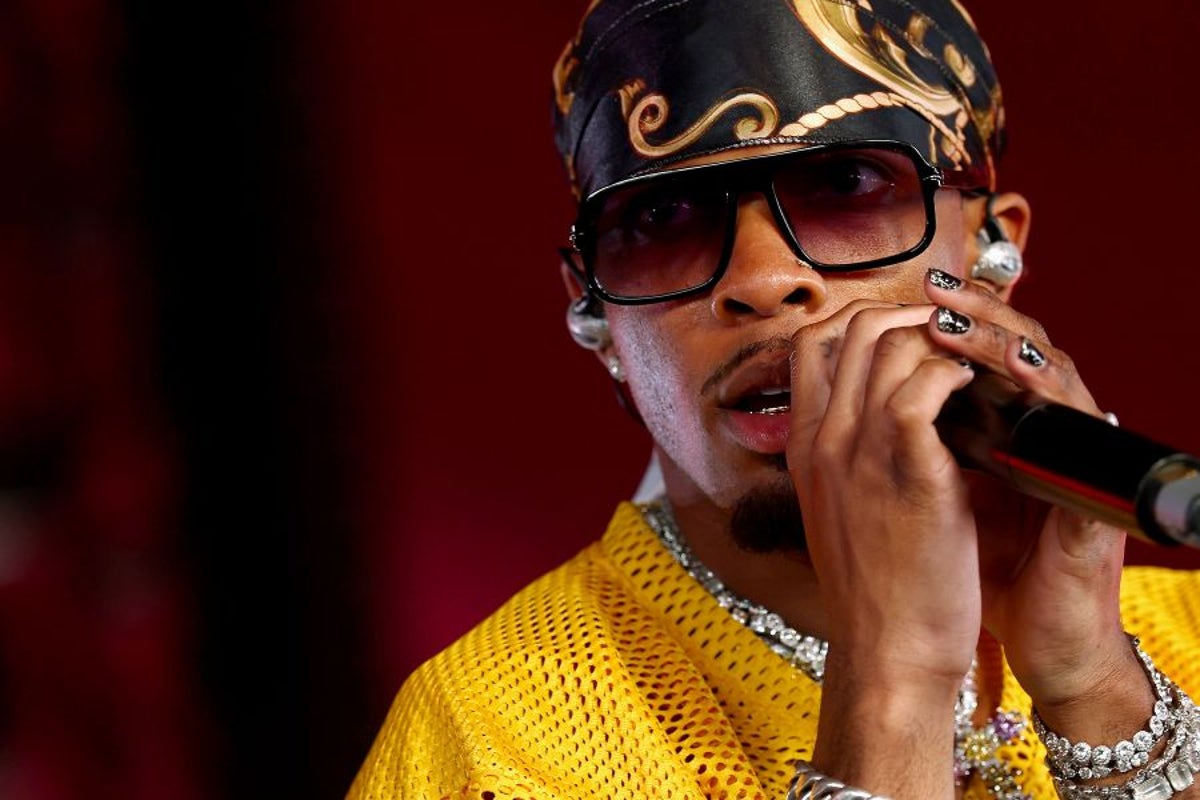Aussie cricket fans hoping to see major ICC events on free-to-air television, look away now. The Albanese Government has made a decision that is going to keep you locked out for years.
Australian cricket fans are fuming after being locked out of watching their national team compete in the World Test Championship Final, as the match remains behind a paywall on Amazon Prime Video.
Despite lobbying from Channel 7 and widespread public frustration, the Federal Government declined to add the WTC Final against South Africa to the anti-siphoning list.
The anti-siphoning legislation ensures certain sporting events remain available for free-to-air broadcasters, but in this case, it didn’t apply.
Now, in further bad news, Aussie cricket fans are going to be locked out of the next WTC final as well.
A Government spokesperson acknowledged the backlash and confirmed a review would come – but not until late 2026.
Calls for anti-siphoning reform from the Albanese Government grow louder as free access to cricket disappears again, but it won’t be reviewed for another two years

Australian supporters were left disappointed as Pat Cummins’ team couldn’t be watched without Prime
‘The reformed anti-siphoning scheme and modernised list commenced on 17 December 2024,’ the spokesperson said.
‘The Broadcasting Services Act provides for the review of the reformed anti-siphoning scheme after two years.’
The Government claimed this was to ‘recognise that technologies and consumer preferences are rapidly evolving.’
Had the opponent been England or possibly India, the rules would have required the Government to offer the rights for open bidding to free-to-air channels.
Instead, the match – airing in the ideal 7.30pm primetime slot – is available only through Prime Video.
As Marnus Labuschagne took the field under pressure on night one, thousands of Australians vented on social media about being shut out of the action.
‘Should be on free to air!’ one fan posted.
‘Nice work alienating most of the audience.’

Prime Video’s minimal WTC coverage left many users underwhelmed and calling for change

Social media erupts with backlash over Australia’s blocked access to major cricket matches
Another added, ‘Very disappointing when me and my dad can’t sit back like old times and watch our beloved Aussies.’
A third frustrated user wrote, ‘Massive fail by CA to allow this game to be hostage to a minor pay TV presence in Aust.’
Even some who paid for Prime were left disappointed, with one subscriber complaining, ‘Was a terrible feed, buffering every 20 seconds.’
Fans accustomed to Fox Cricket or Channel 7 coverage – which typically includes highlights, replays and expert analysis – were shocked by the absence of any local flair or effort from Prime.
Adding insult to injury, Prime also failed to flood social media with replays or short-form content, a staple of modern cricket broadcasting.
For Australian cricket fans, the changes are coming too late.
The review date means Prime Video will continue to hold exclusive rights to many major ICC events until at least the end of 2027.
That includes the 2025 World Test Championship Final in England and the 2027 ODI World Cup in South Africa and Namibia.

Aussies have missed the wickets tumble as the WTC final hangs on a knife’s edge heading into day three
A full list of tournaments locked behind Prime’s paywall before the review includes two men’s T20 World Cups, two women’s T20 World Cups, the Men’s Champions Trophy, both ODI World Cups, two WTC Finals, and youth and qualifying tournaments.
This sweeping deal leaves cricket fans no option but to subscribe to Prime if they want to follow Australia in most ICC competitions for the next two years.
Meanwhile, Channel 7 – which holds the domestic rights in partnership with Foxtel – has been left sidelined.
Since 2018, Seven and Foxtel have shared a $1.18billion deal to cover international and Big Bash cricket in Australia.
That deal was extended in January for a further seven years, now worth $1.5billion, securing domestic rights until the end of the 2030–31 season.
But the ICC, seeking bigger global deals, opted to sell directly in each market.
Its $3 billion agreement with Disney Star in India and an eight-year deal with Sky Sports in the UK demonstrate the commercial priorities driving these decisions.







